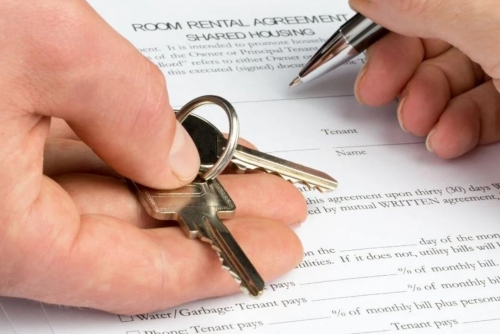Tenants stuck with keys Dr Muneer Seroor, MP spark legal rethink
TDT | Manama
Email: mail@newsofbahrain.com
A new draft law aimed at protecting tenants who face legal hurdles when trying to return rented properties will be debated in Parliament on Tuesday.
The proposal seeks to amend the Property Rent Law by capping automatic lease renewals at one year—regardless of the original contract length—and by outlining a formal process for tenants to follow if landlords refuse to accept a property’s return.
Currently, when a lease ends and the landlord does not object, the contract is automatically renewed under the same terms and for the same period. The proposed change would standardise the renewal to one year unless the original lease was shorter, in which case that shorter period would apply.
Parliament’s Public Utilities and Environment Committee has backed the idea in principle. It also recommends consolidating the proposed Article 28 bis with the existing Article 28 to create a single, streamlined process.
Under the redrafted law, a tenant could send written or electronic notice offering to return the property. If the landlord fails to respond or refuses without valid reason, the tenant could then deposit the keys with the court. If the court rules in the tenant’s favour, rent obligations would cease from the date of deposit—though the tenant would still be responsible for returning the property in good condition or paying any compensation due.
However, the government has raised concerns. The Ministry of Justice argues that the issues are already addressed under the Civil and Commercial Procedures Law, which allows tenants to notify landlords and deposit keys with the court if needed. It also criticised the proposed one-year renewal limit, saying it interferes with the freedom of both parties to negotiate terms.
The draft law contains three articles and a preamble, and is part of broader efforts to reduce unnecessary legal disputes between tenants and landlords.
Related Posts

